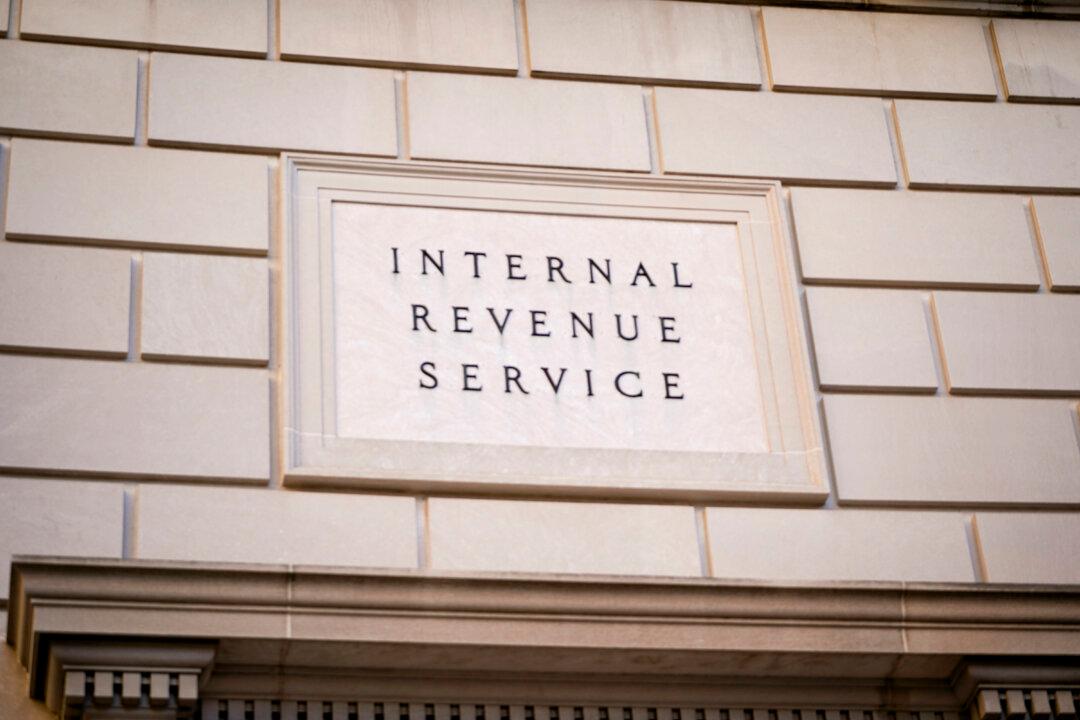The Internal Revenue Service (IRS) plans to deny billions of dollars worth of improper claims for COVID-19 pandemic-era tax credits, it announced on June 20.
The agency said in a press release that the planned rejections follow a detailed review that confirmed “widespread concerns about a large number of improper claims,” and provided new insight into what it defined as “risky” ERC activity.




